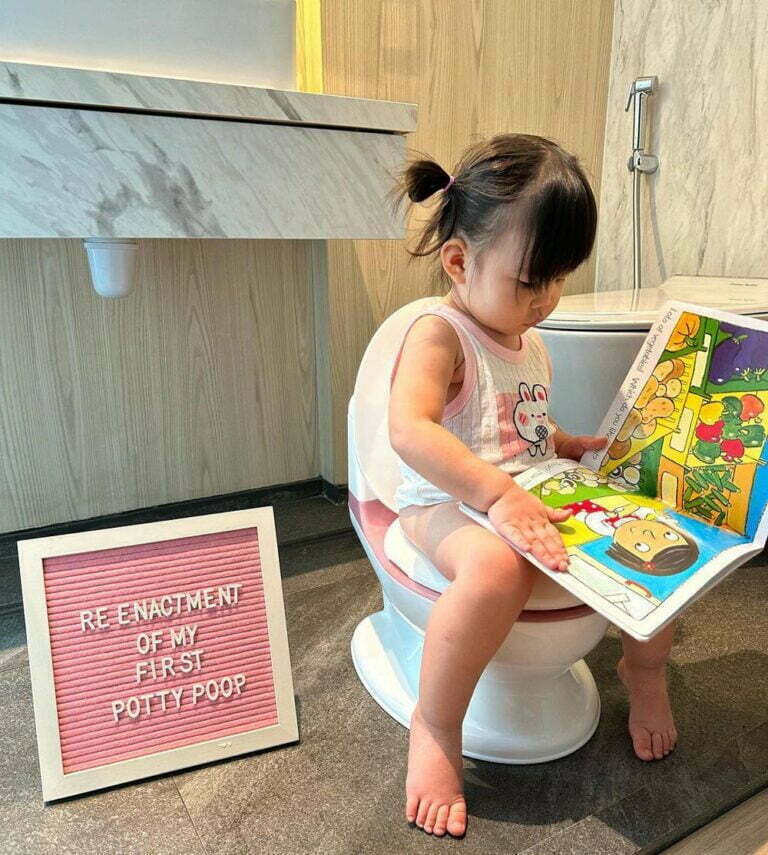Enlarged Adenoids in Kids: Tips to Avoid Surgical Removal
The adenoids are a tissue area located behind the nose and at the top of your throat. They are there to prevent bacteria and viruses from entering through the airway. The tissue shrinks as children grow and is almost gone by the time teens arrive.
Adenoids can become enlarged due to allergies and infections. This swelling will usually go away on its own. However, it can cause other symptoms or the adenoids could remain enlarged even after the infection has gone.
[ruby_related heading=”More Read” total=3 layout=1 offset=5]
Adenoids that are enlarged can cause symptoms
Adenoids that are enlarged can cause a variety of symptoms.
- Snoring or Obstructive Sleep Apnea
- Runny nose and congestion
- Nasally Speech
- Sinus infections that are frequent
- Frequent ear infections
- Cracked lips or dry mouth
- Noisy breathing
- Mouth breathing
- Nosebleeds
- Bad Breath
- Cough
- Restless sleep
Diagnosing enlarged Adenoids
While inspecting your child’s ears and nose, a healthcare provider can use a flexible light and mirror to diagnose the adenoids. Adenoids cannot be seen by a healthcare provider looking in the mouth or throat. The provider may diagnose using a history, an x-ray or blood test.
Your child will feel better if you help them.
Focus on making sure your child is comfortable. You can help your child feel better if their adenoids or other symptoms are inflamed.
- Give your child acetaminophen or ibuprofen for pain or fever. You can give your child acetaminophen, ibuprofen, or both to treat pain or fever. Use these dosing charts or the instructions on the label to ensure you are giving the right amount of acetaminophen and ibuprofen to your child.
- Increase the amount of fluids in your child’s mouth. Encourage them to drink more fluids so they stay hydrated and can soothe any discomfort. Warm or cold drinks may be preferred by your child, depending on what they feel like drinking and how it makes them feel. Water will increase the flushing of bacteria and germs.
- Throat lozenges. Lozenges can be used by older children to keep their throats moist and soothe them. These can be a choking risk for small children. They should not be given to very young children.
- Humidifier. A cool mist humidifier can help you breathe easier when your airways or adenoids become dry, inflamed or irritated. To help your child breathe easier, place a humidifier near the bed where they sleep. Avoid mold and bacteria by using cool mist humidifiers instead of moist heat. Steam from hot showers may also temporarily relieve airway dryness.
- Cold foods. Ice cream, popsicles and other cold and frozen treats can help soothe adenoids that are swollen, or even irritated. These treats may keep kids hydrated, and some are easier to eat.
- Rest enough. Make sure your child is getting enough sleep. With small children, who love to move and play, it can be difficult to encourage them to sleep enough and to play as quietly as possible.
Other comforting options include gargling baking soda or warm salt water. This can reduce bacteria in the throat and mouth. Soft food can help with swallowing. Talk to your doctor about throat sprays. They may help soothe your child’s sore throat. Sprays can be a choking risk for small children because of the numbing agent they contain.
Surgery vs. additional medical treatment
The treatment is usually determined by the cause of the problem or severity of symptoms.
Nasal Sprays and Antihistamines may reduce swelling when allergies are suspected. If they are effective, these sprays may ease certain symptoms.
If a bacterial infection has been suspected, antibiotics may be needed. Do not stop giving your child antibiotics just because they feel better. The symptoms may improve in a few weeks, but the infection will still be present. Viral infections cannot be treated with antibiotics. If you suspect a virus infection, the provider will advise that you focus on making the child feel more comfortable while symptoms are improving.
Adenoids can be enlarged in children, and this can lead to a number of health problems. The adenoids shrink as children age, but may be problematic during the first few years. Healthcare providers may recommend removing the adenoids to make your child more comfortable. Discuss the surgery and options available to your child if your healthcare provider recommends an adenoidectomy. Surgery is not the only option.
Sources:
- Mayo Clinic. Breathe easy with expert pediatric ENT care.
- MedlinePlus. Adenoid removal.
- MountSinai. Enlarged adenoids.




![Can I Drink Coffee When Wearing Braces? [Must-Know Rules]](https://slashandscroll.com/wp-content/uploads/2022/12/Can-I-Drink-Coffee-When-Wearing-Braces-768x682.jpg)


